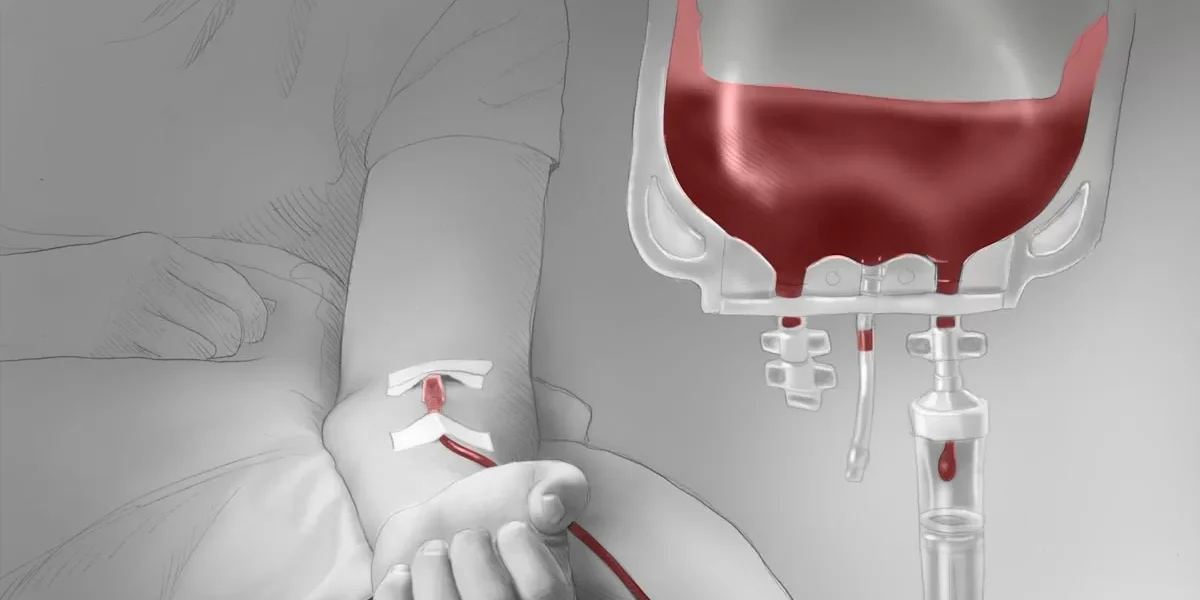More than 11 years revealing secrets because there is no excuse for secrecy in God’s true religion – The Watchtower, June 1st 1997; Dan 2:47; Matt 10:26; Mark 4:22; Luke 12:2; Acts 4:19, 20.

Jehovah’s Witnesses believe that the Bible prohibits Christians from accepting blood transfusions. Their literature states that, “‘abstaining from … blood’ means not accepting blood transfusions and not donating or storing their own blood for transfusion.” The belief is based on an interpretation of scripture that differs from other Christian denominations. It is one of the doctrines for which Jehovah’s Witnesses are best known.
The Bible passages that Jehovah’s Witnesses cite in support of their view on blood transfusions include:
Jehovah’s Witnesses believe that these passages prohibit the consumption of blood, as well as the transfusion of blood or blood products. They believe that blood is sacred to God and that it should not be ingested or transfused into another person. They also believe that blood transfusions can be dangerous and that there are other medical treatments that can be used instead.
There are some exceptions to Jehovah’s Witnesses’ ban on blood transfusions. For example, they may accept the use of blood fractions, such as albumin, plasma, and clotting factors. They may also accept the reinfusion of their own blood that has been collected and stored before surgery.
It is important to note that not all Jehovah’s Witnesses agree with the official position on blood transfusions. Some Jehovah’s Witnesses believe that it is acceptable to receive blood transfusions in certain circumstances, such as when the life of the individual is in danger. However, the official position of Jehovah’s Witnesses is that blood transfusions are never acceptable.
The refusal of blood transfusions by Jehovah’s Witnesses can pose a challenge for medical professionals. In some cases, it may be necessary to seek a court order to override the individual’s religious beliefs in order to administer a blood transfusion. In some cases, medical professionals are able to work with Jehovah’s Witnesses to find alternative treatments that do not involve blood transfusions. However, in other cases, Jehovah’s Witnesses’ refusal of blood transfusions have resulted in serious health consequences or even death.
If a Jehovah’s Witnesses patient willingly accepts a blood transfusion, perhaps because of being faced with the real possibility of death, a committee made up of congregation elders is required to obtain the facts and determine the individual’s attitude. If the patient is repentant, the committee provides spiritual assistance in the spirit of Galatians 6:1 and Jude 22, 23. As the patient accepted a blood transfusion, s/he is considered “spiritually weak” and thus does not qualify for special religious privileges for a period of time. In some cases, it is necessary to remove other privileges, such as commenting at congregation meetings and presenting student assignments at their midweek meetings. Depending on the circumstances, the elder committee may also need to arrange for an announcement to the congregation at a midweek meeting, where they announce: “The elders have handled a matter having to do with [name of person]. You will be glad to know that spiritual shepherds are endeavoring to render assistance.” On the other hand, if the elders on the committee determine that the patient is unrepentant, the announcement is one of expulsion: “[Name of person] is no longer one of Jehovah’s Witnesses.” The congregation is then put on notice to shun the patient.
A hospital liaison committee (HLC) is a group of volunteers who are trained to provide support to Jehovah’s Witnesses who are hospitalized. The HLC members are typically congregation elders who have a strong understanding of Jehovah’s Witnesses’ beliefs about blood transfusions.
The HLC’s role is to:
HLCs are typically affiliated with a local congregation of Jehovah’s Witnesses, but they are also available to provide support to Jehovah’s Witnesses who are hospitalized in other communities. The HLC’s services are free of charge and are available 24 hours a day, 7 days a week.
If you are a healthcare provider who is treating a Jehovah’s Witness patient, you can contact the HLC in your area for assistance.
Here are some of the reasons why Jehovah’s Witnesses have hospital liaison committees: